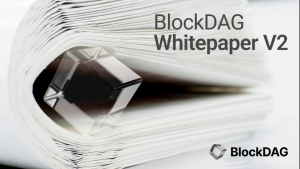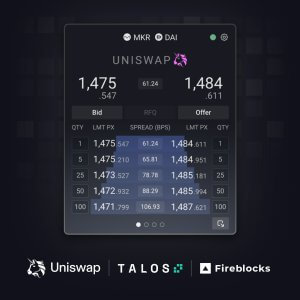SoftBank mulls buyout as it delivers billions in profit from DoorDash
After WeWork’s failed IPO which was originally looking to pitch the company at a $100 billion price tag, SoftBank was forced to write down the whole of WeWork to a worth of just $2.90 billion in March this year.

Last week SoftBank let it be known that it was considering taking the business private via a process that it calls a slow burn buyout, but like most things to do with the Japanese tech company which also positions itself as an incubator and a hedge fund, this was not a straightforward proposal.
What was envisioned was that SoftBank would buy back its stock to the point where the company’s founder Masayoshi Son’s personal stake would be large enough to “squeeze” out any remaining investors.
The move was floated because of increasing investor unrest following the company’s foray into US tech stocks over the summer and autumn of this year, which though initially profitable has cost the company around $1.30 billion overall, the equivalent of around 32% of its initial investment of $4.0 billion in options over leading US technology companies.
SoftBank tried to categorise the experiment as part of a pilot program aimed at assessing the ability of the company to invest in well known quoted technology businesses in order to complement its significant private equity holdings in the same sector, and the company maintained that the risks it had taken in trading these options were minimal, as the sums wagered were only 1% of the total investment portfolio.
To many outsiders and some shareholders, the exercise looked like a foolhardy and directional punt on the markets rather than a well thought out strategy, and it was one that garnered a large amount of publicity, much of which was unfavourable to and questioning of SoftBank, which has been under increasing scrutiny since the collapse of WeWork In which Softbank had invested $2.0 billion in January 2019, a funding round that valued the collaborative workspace company at $47 billion.
After WeWork’s failed IPO which was originally looking to pitch the company at a $100 billion price tag, SoftBank was forced to write down the whole of WeWork to a worth of just $2.90 billion in March this year.
This is not the first time that Masayoshi Son has contemplated a buyout, however, it is the first time that buying back shares in the company, which are said to be trading at a discount to the businesses overall holdings and investments, has been proposed.
Perhaps this new strategy can be attributed to one of SoftBank’s largest investors, US Hedge Fund Elliot Management, an activist which often lobbies for the realisation of shareholder value at the businesses in which it invests.
However, as has so often been the case in the past when the chips look down for SoftBank and its 27% shareholder and founder Masayoshi Son, he seems to be able to pull a “rabbit out of the hat” in this case an $11.20 billion profit, on its investment in food delivery business, DoorDash which recently submitted an IPO.
The idea of a buyout of SoftBank has not mentioned officially by the company, therefore under Japanese corporate disclosure rules there is no need for SoftBank to comment on the rumours. However, there is more than a hint of irony in the suggestion that the way to placate disgruntled investors is to remove them from the picture completely.
Clearly, Masayoshi Son can spot a start up business with the potential to disrupt existing competitors and generate massive returns on investment, and perhaps he envisages a future where he can continue to do that, away from the public eye.
Might there be an alternative scenario available? Could Son step down from SoftBank the company and focus full time on the Vision Funds through which he has invested billions into start ups on behalf of sovereign wealth investors and others. Perhaps some or all of Son’s 27% holding in SoftBank could be parlayed into a direct stake in the funds?
As is the case with other tech billionaires Masayoshi Son and the way he likes to operate remain an enigma to many investors and as such he is unlikely to take the obvious path from here.
Perhaps the slow burn buyout story was leaked simply to test the water among other shareholders and gauge their reaction. If that was the case then a real plan may emerge in the New Year.









